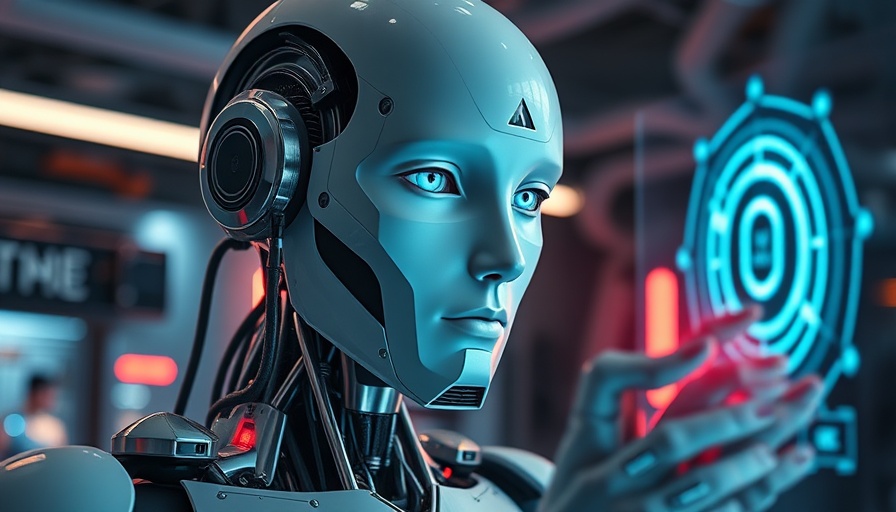
The Future of Robotic Training: A Virtual Revolution
In the rapidly evolving world of robotics, the integration of artificial intelligence and the industrial metaverse promises a groundbreaking shift in how robots are trained. Imagine a future manufacturing environment where robots, armed with advanced AI education, seamlessly collaborate with human workers. These robots are versatile, transitioning effortlessly between complex tasks and making real-time decisions informed by the continuous flow of data from their digital realm. This is the vision of tomorrow—a vision rapidly becoming a reality due to this innovative training method.
A Paradigm Shift: From Traditional Programming to Virtual Learning
Gone are the days when robot training was confined to repetitive, predictable patterns. With the advent of virtual schools within the industrial metaverse, robots can be immersed in meticulously simulated environments that replicate real-world conditions. Here, robots can rapidly accrue knowledge that would take a human significantly longer to master. This transformation hinges on "Sim2Real"—a technique that merges virtual training with real-world application, enabling robots to bridge the gap between learned concepts and real-life implementation.
Unique Benefits of Advanced Robotic Training
Understanding the intricacies of this virtual training means recognizing its immense benefits. Companies like Italian automation provider EPF have already adapted, shifting from designing rigid solutions to developing flexible, modular components. This approach allows for consistent and adaptable solutions across different sectors, enhancing coherence and innovation. As robots continue to learn and evolve faster than ever, industries can expect unprecedented flexibility and resilience in their workforce.
Future Predictions and Trends
Though still in its nascent stages, the industrial metaverse holds tremendous potential to transform not just robotic training but the entire landscape of automation. Emerging trends suggest that as AI technologies advance, we might witness even more remarkable developments in robotic autonomy and efficiency. This could herald a new era of productivity, where AI-powered robots become key players in industries worldwide, consistently pushing the boundaries of what is possible.
 Add Row
Add Row  Add
Add 
 Add Element
Add Element 

Write A Comment